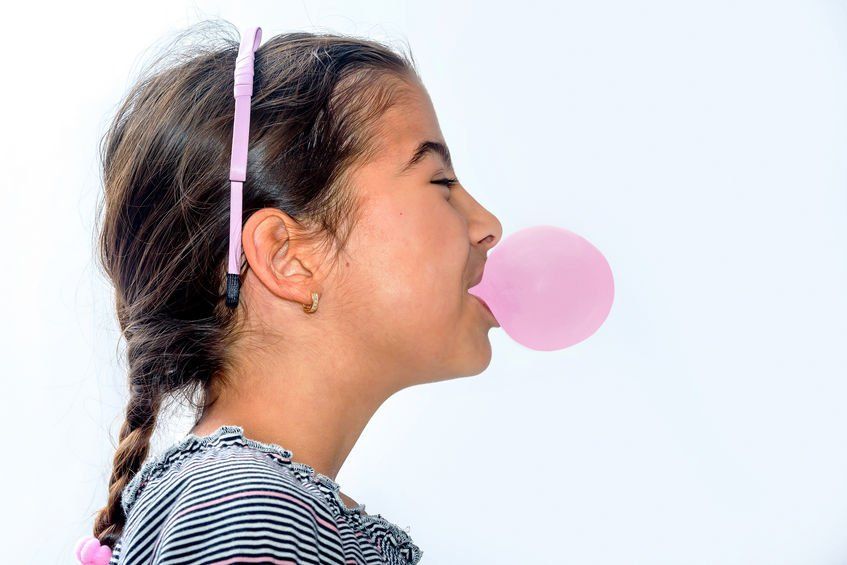How Bad Is Chewing Gum For Your Dental Hygiene?
- By Mary Marks
- •
- 31 Jan, 2019
- •

Oral hygiene is key to ensure your teeth last as long as possible before having to undergo painful operations at the dentist, or even visits to the Highlands Ranch sedation dentistry office. The most concern revolves around the food items. And among these, chewing gum is often subject to much debate over its effects on the teeth.
This is partly because one could not exactly classify chewing gum in the food category. After all, it is not swallowed, and some brands often mention the fact that it cleans the enamel. Can these claims be trusted, when they are present on the packaging of a candy?
Numerous studies have shown that chewing gum does not harm the teeth. That is, if it is the right kind. Only the sugar-free gum has these properties. In fact, some manufacturers add a substance named casein phosphopeptide-amorphous calcium which actually hardens the enamel, while removing any food crumbs stuck between teeth. Furthermore, the minerals contained by the extra saliva secreted while chewing help a great deal.
Although healthy and useful for the teeth, it is very important to bear in mind that chewing gum cannot replace a proper and regular oral hygiene. But you need not worry it will hurt your teeth if you pop another piece in your mouth.





Although oral sedation dentistry Highlands Ranch is one of the optionsavailable for managing anxiety and discomfort during oral surgery, you certainly do not need to use it all the time. As a matter of fact, the exact type of sedation or anesthesia that you receive during oral procedures may depend on various factors, such as the complexity of the procedure, your medical problems, as well as your doctor’s preferences.
There can be several different levels of sedation that can be used in oral surgery. Local anesthesia is one of them. This involves injecting anesthetic medication into the specific area where the surgery will take place. It numbs the area and is often used for less invasive procedures.
Oral sedation involves taking medication in the form of a pill to induce a state of relaxation and drowsiness. The patient is still conscious, but he/she may not be fully aware of the procedure. At any rate, sedation helps him/her get rid of anxiety.
In the case of intravenous sedation, medication is administered through a vein, which induces a deeper state of sedation than oral sedation. Patients may still be conscious, but they are less aware of their surroundings and may not remember the procedure.





